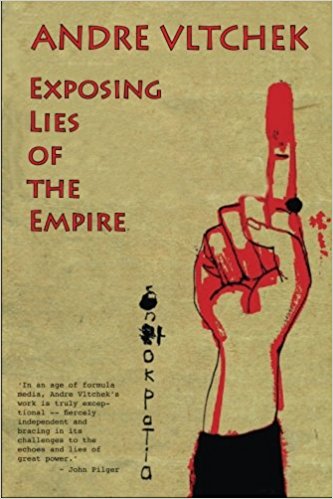This piece was reprinted by OpEd News with permission or license. It may not be reproduced in any form without permission or license from the source.
In a country which not long ago suffered the highest kidnapping rate in the world - and whose security forces have themselves been implicated in forced disappearances - the videos of police snatching protesters evoked disturbing memories.
According to the national victims' agency more than 150,000 people were forcibly disappeared between 1986 and 2017, with up to 80,000 still missing. Combatants on all sides of the conflict engaged in the practice."
Since the beginning of the protests, Colombian forces have been disappearing people from the streets; something that is bringing traumatic memories to the citizens. In one case, a young woman protestor, was grabbed and pulled into an unmarked vehicle. Two people jumped into their car and chased the vehicle, persistently, until the victim was released. This was a well-documented case: "a young woman dragged into an unmarked Chevrolet". But I was told that there were many other cases, that went unreported and almost unnoticed.
*
I flew to Barranquilla, a city on the majestic River Magdalena. This is where this great Colombian waterway joins the warm turquoise waters of the Caribbean Sea.
This is where one of the greatest novels of the 20thCentury, "Love in the Time of Cholera", written by the Colombian Communist writer, Gabriel Garcia Marquez, took place. This is where Florentino Ariza waits for the love of his life, Fermina Daza, for fifty-one years, nine months and four days. This is where he makes love to her, finally, on a river boat, at old age. Looking at the surface of this majestic river, Garcia Marquez, finishes his novel. I always thought that the book was fully connected to Cartagena, but I was explained to, that no; it was linked inseparably to the Magdalena River.
And this is where my friend, one of the most important Colombian journalists, Constanza Vieira, lives.
She picked me up at the airport, together with her partner, drove me to the long, new riverside, where we sat down and spoke for hours about Colombia; her beloved and tortured land.
Her father had met Mao, on two occasions. She knew all about the negotiations between the government and FARC. She is a walking encyclopedia, when it comes to Colombia. But this is not what I wanted to know, this time.
Latin America was in turmoil. The Bolivian government was overthrown in a brutal, fascist coup. Chile and Colombia were rising. Venezuela was fighting for its survival. Where was this country going?
Constanza spoke about corruption under Duque, about Uribe's crimes, and about the grave violations of human rights in her country:
"Colombia in a setting of South America, is a conservative country; very conservative. It is suffering from one right-wing government after another. Here, the inequality is tremendous, one of the greatest in Latin America. When the protests had erupted here, the governments negotiated with the protesters, but never delivered on what they agreed. Colombia is a neo-liberal country. Now it is being shaken by huge protests. In this context, we have to thank Chile. Because whenever in the past Colombians were demanding true changes, our government would tell us: 'look at Chile! Chileans and all of us have to be thankful to General Pinochet. The country is so prosperous. Capitalism works! So, the uprising in Chile, where people are rejecting neo-liberalism, is having a tremendous impact on Colombia."
Next Page 1 | 2 | 3 | 4 | 5 | 6 | 7 | 8 | 9
(Note: You can view every article as one long page if you sign up as an Advocate Member, or higher).





